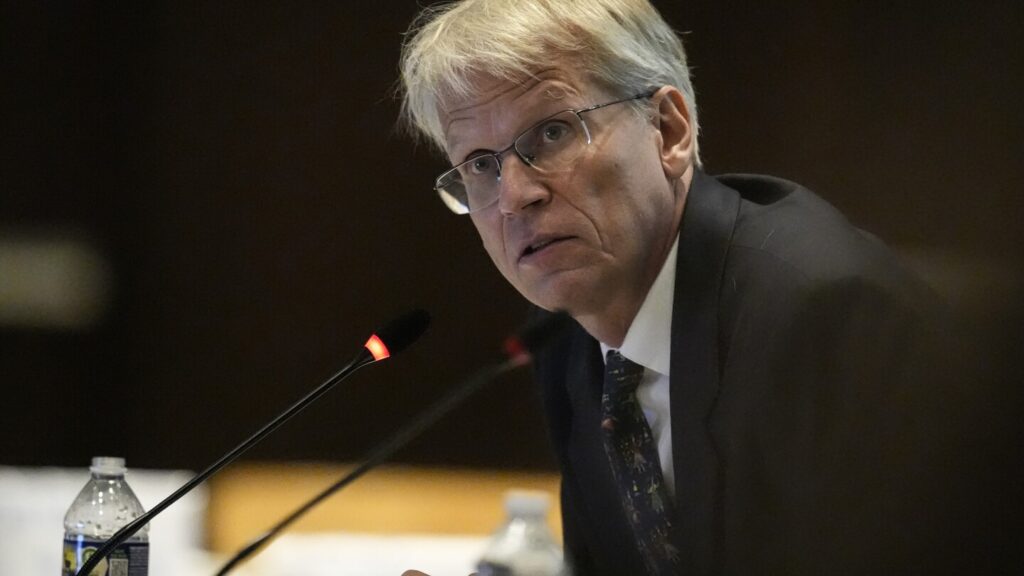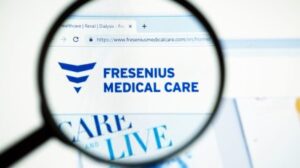
ATLANTA — U.S. Health Secretary Robert F. Kennedy Jr.’s newly appointed vaccine advisory committee is poised to make pivotal decisions regarding flu vaccines and a controversial preservative, thimerosal, which has been at the center of debate among antivaccine groups.
Breaking: Vaccine Advisory Committee’s Key Decisions
The Advisory Committee on Immunization Practices (ACIP) convened on Thursday to address protective measures against RSV, or respiratory syncytial virus. This virus is known for causing cold-like symptoms that can severely affect infants by inflaming their small airways.
In 2023, U.S. health officials recommended two new interventions to safeguard infants: a lab-made antibody for newborns and a vaccine for pregnant women. Experts credit these measures with contributing to a notable improvement in infant mortality rates. The first antibody, nirsevimab, demonstrated an efficacy range of 63% to 76% in reducing emergency department visits for infants over the past year.
Immediate Impact: New Antibody Approval
On Thursday, the committee voted 5-2 in favor of using another newly approved antibody shot, Merck’s clesrovimab, in a similar manner. This decision underscores the committee’s commitment to enhancing infant health through innovative solutions.
The ACIP, established over 60 years ago, plays a crucial role in guiding the Centers for Disease Control and Prevention on vaccination protocols, significantly influencing insurance coverage and vaccine availability.
Key Details Emerge: Thimerosal Controversy
The committee’s agenda also includes a contentious vote on thimerosal, a mercury-based preservative used in some vaccines to prevent bacterial contamination in multi-dose vials. Kennedy, a former leading voice in the antivaccine movement, has long asserted a connection between thimerosal and autism, despite numerous studies refuting this claim.
Since 2001, vaccines manufactured for the U.S. market and routinely recommended for children under six have contained no thimerosal or only trace amounts, with limited exceptions. The inclusion of thimerosal in the meeting agenda has raised concerns among public health experts about potential implications for vaccine accessibility and costs.
Industry Response: Health Officials Express Concerns
Chrissie Juliano, executive director of the Big Cities Health Coalition, voiced concerns over the recent changes in the ACIP panel and the potential impact on vaccine accessibility. Her organization, representing major city health departments, fears that ideological shifts could render routine vaccines inaccessible or unaffordable for millions of Americans.
“The stakes are simply too high to let that happen,” Juliano stated, emphasizing the need for science-based decisions.
Background Context: Kennedy’s Influence
Kennedy, who recently replaced the previous 17-member panel with a seven-member group including several vaccine skeptics, has a history of challenging established vaccine protocols. His leadership marks a significant shift in the advisory committee’s approach to vaccine recommendations.
According to sources familiar with the committee’s operations, this move represents a departure from previous practices, raising questions about the future direction of U.S. vaccination policies.
What Comes Next: Future Implications
The committee will hear from Lyn Redwood, former president of what is now known as Children’s Health Defense, an antivaccine group founded by Kennedy, before making a final decision on thimerosal.
Meanwhile, public health experts warn that the thimerosal discussion could sow unnecessary doubt about vaccines, potentially complicating the upcoming fall vaccination campaign.
The timing is particularly significant because it coincides with the annual review of flu vaccine guidance for Americans aged six months and older, a critical component of national public health strategy.
As the committee continues its deliberations, the implications of its decisions will be closely monitored by health officials, insurance providers, and public health advocates alike.
The Associated Press Health and Science Department receives support from the Howard Hughes Medical Institute’s Department of Science Education and the Robert Wood Johnson Foundation. The AP is solely responsible for all content.







